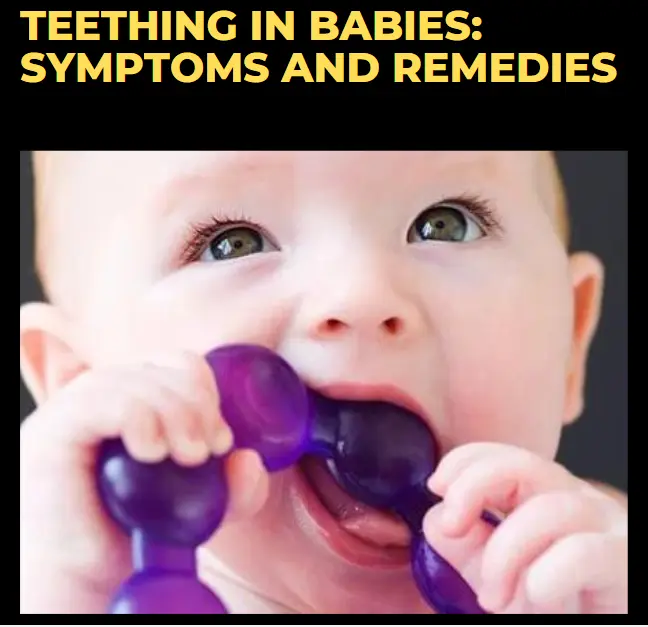
Pregnancy has always been considered a beautiful time, but many do not talk about the challenges that it brings along. Sometimes, the pregnancy turns out to be unplanned, which unfolds new emotional challenges.
Woman goes through extreme hormonal changes in pregnancy. These changes eventually start affecting the mental health of women during pregnancy.
All women, when pregnant, go through minor or major mood swings, crying spells, nervousness and agitation. But, when the emotional turmoil prolongs, it becomes difficult for them to manage. The constant feeling of anxiousness, worry, and nervousness also affects physical health. The decline in physical health can adversely affect the unborn child’s growth.
It is important for women to navigate their emotions and take care of themselves during pregnancy. The child inside the womb feels the energy and feelings of his mother. It is advisable to keep yourself healthy and practically inhale the positive energy to bring peace to your baby. Doctors advise women to take care of their mental well-being and physical health.
Let’s first understand what women go through during their life-changing phase and learn how they can handle their emotions with the help of some tricks and tips.
Mental Health Issues That Affect a Pregnant Woman : How To Take Care Of Your Mental Health During Pregnancy
When mood swings prolong, the issues start interfering in the pregnant woman’s life and the people around them. There is a need to know about the issues and deal with them accordingly.
- Anxiety: Many women face anxiety as a novel feeling in pregnancy. If some of them had been diagnosed as anxiety patients, the feelings would trigger during the period of pregnancy. Future anticipation about the baby and labour makes women anxious to the core.
- Depression: Depression is also a common mental health issue that a pregnant woman faces. Feeling of sadness, irritation, and crying spells are the symptoms of depression. Women who had experienced depressive episodes before pregnancy will most likely have it during pregnancy too.
- Bipolar disorder: A person with bipolar disorder goes through extreme highs ( mania) and lows (depressive episodes.) It is a rare disorder, and only a few women are at risk of developing this disorder. But, with women, bipolar disorder experiences more symptoms during their pregnancy. It is advisable to let your doctor know if you’re a bipolar patient because she might give medicines according to your condition. You can’t continue your bipolar pills during pregnancy. The doctor navigates your disorder keeping in mind the health of your unborn child too.
How Can a Pregnant Woman Make Herself Feel Better?
Experts say that depression and anxiety require clinical attention. Be that as it may, choosing how to treat them in pregnancy is a genuine test, especially in more severe cases. Here are some non-medicinal ways to treat stress during pregnancy. How To Take Care Of Your Mental Health During Pregnancy
Non-Medicinal Approaches:
1. Procedures commonly called psychotherapy, like cognitive behavioural therapy (CBT), in which a therapist teaches new ways to deal with overseeing your emotions and thoughts.
2. Omega-3 essential fatty acids fats, found in oily fish and pecans, can help you by acting as a mood booster.
3. Watching optimistic videos on YouTube can shift your mind to think better. Even instrumental music soothes and eases the mind for quite some time.
4. Short walks at the park or engaging with positive and happy people can also help. Communicating is one of the best ways to combat depression and anxiety, so speaking to your close ones can be beneficial.
5. Acupuncture, or in easier words, needle therapy, is a Chinese practice that can also be tried. It involves setting little needles into different areas of the body to impact and change the mood.
“Nourishing yourself in a way that helps you blossom in the direction you want to go is attainable, and you are worth the effort.” –Deborah Day
At the end of the day, only you can take the most care of yourself, as your child’s health depends on how you treat yourself and how you fight your fears for them to come to a positive, happy, and healthy environment.



